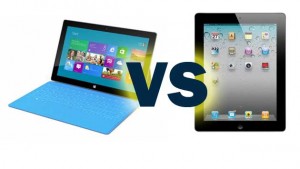Why do we need social entrepreneurship?
“If the United Nations was fully funded why would we need the Arc or social enterprise?”
Some people argue that if the United Nations are truly fully funded, then we do not need social entrepreneurs because the government would tackle any problems that arise from people. However, I think no matter how affluent a nation is, the value of social entrepreneurs is still indelible. In fact, Social enterprise is not about money but about how small individual can revolutionise the society.
Unlike concrete operations like governments, social entrepreneurs are individuals arising from the big crowd that tackle problems closely related to people’s daily life. To quote from the video, “social entrepreneurs see opportunities where other people see hopeless failures; They see potentials where other people see tragic consequences; they see a future that the others cannot even begin to imagine.” Social entrepreneurs are pioneers, creators and dreamers who understand the root of people’s problems and know how to effectively solve them with minimized resources. Social entrepreneur like Mahammad Yunus used $27 to 42 persons in a village and started a revolution, eradicating poverty and brought happiness to people. No matter how much money the United Nations have, they cannot buy social entrepreneurs’ ideas.
Social entrepreneurship is also about how business can benefit our community. Unlike some who place individual success prior to contribution to the society, social entrepreneurs started off aiming to improve the society as a whole. As a Sauder student, I consider to contribute to this society as a lifetime goal, and I believe many of my peers share my goal. With the knowledge that I acquired during the four years, I hope I could make changes in the world just like social entrepreneurs do.



